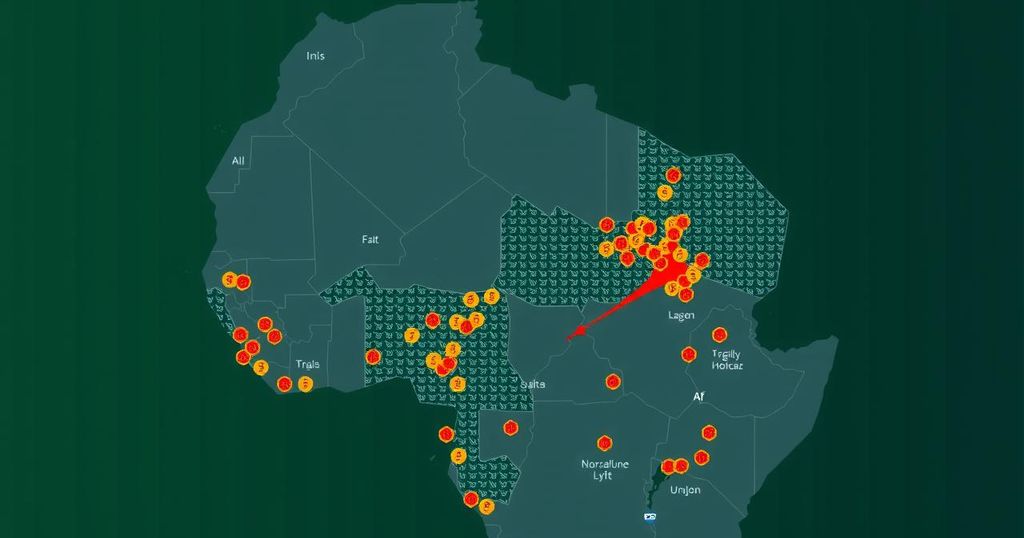Namibia’s Pivotal Election: A Possible End to SWAPO’s Dominance

Namibia’s upcoming presidential election is critical, as voters will choose their seventh president and National Assembly members after 34 years of SWAPO’s rule. Netumbo Nandi-Ndaitwah is in contention to become Africa’s third female president. Analysts point to significant societal and economic issues shaping voter preferences.
On Wednesday, Namibians will participate in an important electoral event, casting votes to determine their seventh President and National Assembly members since the nation’s independence 34 years prior. This election holds significant implications, particularly for the ruling SWAPO party, represented by its presidential candidate, Netumbo Nandi-Ndaitwah, who stands poised to potentially become the first female president of Namibia and the third female president on the African continent. The stakes are high as citizens consider their options and the competitive political landscape, with various agendas being presented by the leading candidates.
In recent discourses, political analysts, such as Rui Tyitende, have highlighted the key issues impacting voter decisions this election cycle. Citizen concerns range from economic challenges to social reforms, reflecting a populace eager for substantial change from over three decades of SWAPO governance. The outcome of this election will undoubtedly shape the political backdrop of Namibia for years to come, making this a pivotal moment in its history.
Since its independence from South Africa in 1990, Namibia has been primarily governed by the SWAPO party, which has maintained a dominant position in the nation’s political arena. This election marks a critical juncture, with a growing demand for governmental accountability and transparency from the electorate, signaling a potential shift in power dynamics. Expectations are high for progressive leadership that can effectively address pressing issues, including economic development, education, and healthcare.
In conclusion, the upcoming Namibian election is set to be a watershed moment that could challenge the longstanding dominance of the SWAPO party. With a chance to elect a female president for the first time, voters are faced with a choice that could redefine the nation’s future governance. As articulated by political analysts, the implications of this election extend beyond mere party politics; they encompass the desires of a populace yearning for reform and innovation.
Original Source: www.voaafrica.com







